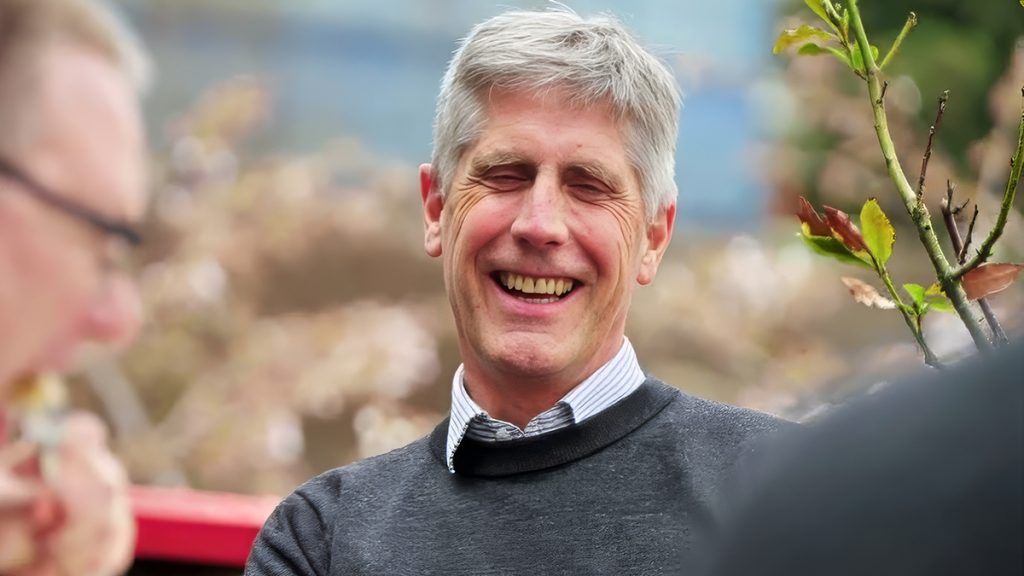In the long sweep of history, few ideas have proven as seductive, and as spiritually dangerous, as the doctrine of national exceptionalism.
This belief, which casts certain nations as uniquely chosen or divinely favoured, has been a potent ideological force behind imperial conquest, military aggression and moral self-exemption.
One of the most consequential expressions today is the belief—shared by many Jewish and Christian Zionists—that the modern state of Israel is the direct fulfilment of ancient biblical promises. This fusion of sacred history with modern statehood has profound theological and ethical implications.
Chosenness is to live justice and mercy
The Hebrew Scriptures do speak of Israel as God’s “chosen people,” but chosenness is never an endorsement of superiority. Rather, it is a calling to live according to justice and mercy—welcoming the stranger, protecting the vulnerable and safeguarding the land.
The prophetic tradition relentlessly critiques claims of divine favour not grounded in righteousness. As Amos declared: “You only have I known of all the families of the earth; therefore I will punish you for all your iniquities” (Amos 3:2).
Biblical promises about the land are deeply conditional. The land is not an unconditional possession, but a gift held in trust, dependent on covenantal faithfulness. Injustice—especially against the poor, the foreigner and the disenfranchised—leads not to triumph, but to exile.
Misunderstanding exceptionalism
Applying national exceptionalism to justify the dispossession of Palestinians, the expansion of settlements and denial of civil rights in occupied territories is a tragic inversion of the biblical witness.
The horrors unfolding in Gaza—described by Mirjana Spoljaric of the International Committee of the Red Cross as “hell on earth”—demand moral clarity. Thousands of lives have been lost, infrastructure destroyed and civilian suffering intensified. Claiming theological justification for this is indefensible.
America’s myth of divine blessing
American exceptionalism tells a parallel story. From John Winthrop’s “city on a hill” to Ronald Reagan’s dream of America as the last, best hope of Earth, US political identity has been steeped in theological imagery.
In this narrative, America is not merely one nation but a providential actor with a divine mission to spread freedom and righteousness. Yet, when divine blessing is invoked to justify global dominance, exceptionalism begins to rot.
When God is claimed for empire
The Jesus who blessed the meek and stood with the poor is not found in migrant deportations, child detentions or the silencing of dissent. Nor is he present in drone strikes, arms exports or sprawling networks of military bases.
American exceptionalism has bred self-righteousness that treats criticism as betrayal and repentance as weakness.
New Zealand must also guard against subtle exceptionalism. The nickname “Godzone” may sound affectionate, but taken uncritically, it risks moral complacency and blindness to injustices: Māori land confiscations, suppression of te reo Māori, Pacific dawn raids and inequities in health, education and justice.
Empire cloaked in faith
The British Empire exemplified the theological dangers of exceptionalism. Colonialism was framed as a sacred duty—the “white man’s burden.” The Bible travelled with the gunboat, the Gospel proclaimed with foreign rule.
Indigenous cultures, languages and structures were dismantled under the guise of spreading Christian civilisation. The irony was profound: an empire claiming to spread Good News often became an agent of oppression. That legacy still lingers.
The most chilling examples
The most extreme form was Nazi Germany, where racist ideology was cloaked in corrupted Christian symbolism. Theology was manipulated, churches co-opted and Aryan supremacy presented as destiny. This culminated in genocide—a theological blasphemy and inversion of the Gospel.
Today, Russia echoes this logic. The “Russian World” ideology, supported by elements of the Orthodox Church, frames Russia as defender of Christianity against the West. This narrative justifies aggression in Ukraine and repression at home, once again blessing violence with sacred language.
God’s blessing is not exclusive
Biblical faith does not exalt one nation above another. Abraham’s call is to bless all peoples. The prophets condemn confusing religious identity with moral licence.
The New Testament redefines chosenness: “There is no longer Jew or Greek, slave or free, male and female; for all are one” (Galatians 3:28).
To be chosen is not to claim privilege but to bear responsibility, not to dominate but to serve. The task of theology is not to bless empires but to unmask idols and call nations to humility, repentance and reconciling love.

- Graham Redding trained as an Accountant in Auckland before studying Theology at Otago and serving as a Minister in the Presbyterian Church of Aotearoa for 15 years. Graham served as national Moderator of the Presbyterian Church in 2008 and 2009. Grahame has a PhD in Theology from King’s College, London. He now lectures in Chaplaincy Studies at the University of Otago.
- First published in Tui Motu. Republished with permission.

